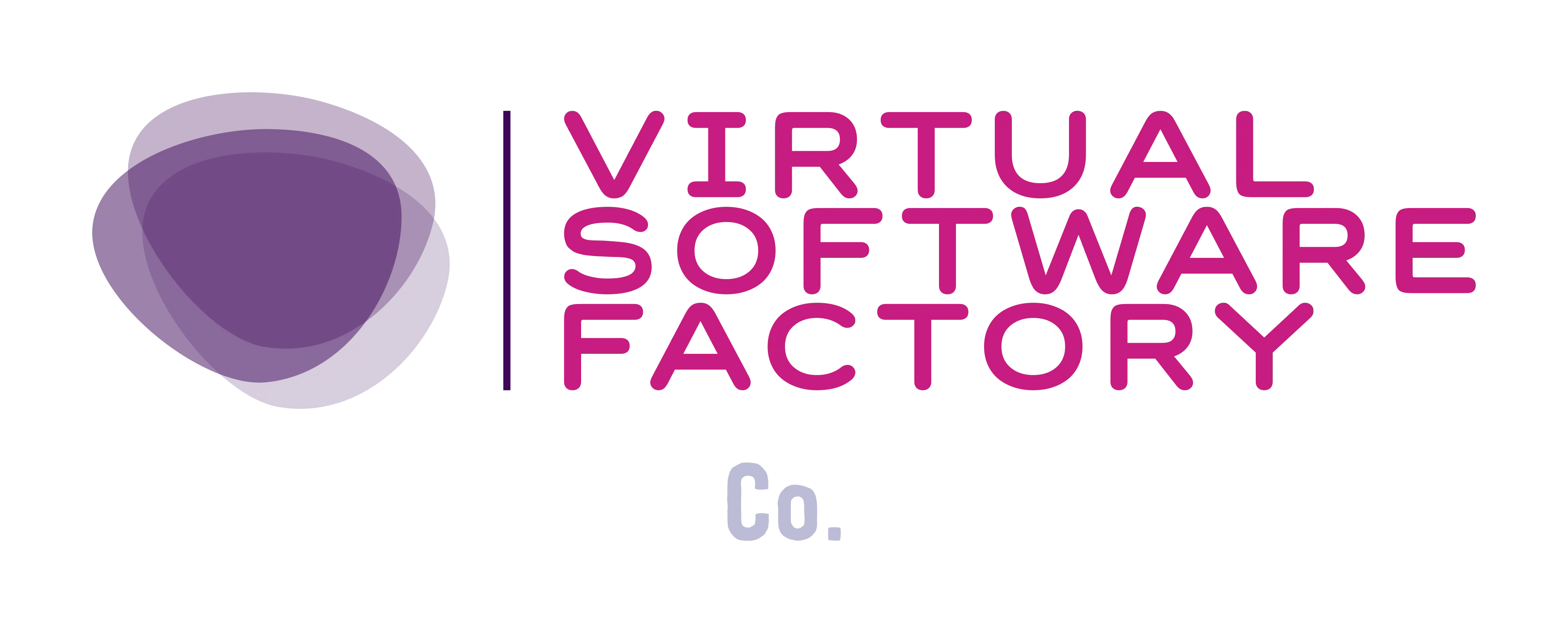07.17.2023- IN BUSINESS
25 strategies for Better Time Management and how to avoid Procrastination.

Effective time management is an essential skill for achieving success both personally and professionally. However, procrastination can become an obstacle that keeps us away from our objectives and goals. Learning to manage our time efficiently is key to increasing productivity, reducing stress and achieving a work-life balance. Here are 10 effective strategies for better time management and overcoming procrastination:
1. Set clear goals: Defining specific and achievable goals will give you a clear purpose and help you focus your efforts on what really matters.
2. Prioritize tasks: Identifying the most important and urgent tasks will allow you to dedicate time and energy to the activities that have the greatest impact on your objectives.
3. Use a to-do list: Keeping a to-do list will help you get organized and make sure nothing falls off your radar.
4. Use a calendar: Organizing your time with a calendar will allow you to visualize your activities and avoid over-scheduling.
5. Plan ahead: Take time at the beginning of each day or week to plan your tasks and assign them a specific time in your calendar.
6. Break down complex tasks: If a task seems overwhelming, break it into smaller parts and tackle each part separately.
7. Set realistic deadlines: Assigning realistic deadlines to your tasks will help you stay focused and avoid procrastination.
8. Use time management techniques: Try techniques such as the Pomodoro Technique, which divides time into blocks of work and rest, to improve concentration and productivity.
9. Eliminate distractions: Identify distractions that take you away from your tasks and look for ways to eliminate or reduce them.
10. Learn to say "no": Recognize your limits and learn to say "no" to commitments that may interfere with your priorities.
11. Delegate tasks: Learn to delegate tasks to other team members or appropriate people to free up time to focus on more important responsibilities.
12. Group similar tasks: Perform similar or related tasks in blocks of time to increase efficiency and minimize context switching.
13. Avoid multitasking: Focus on one task at a time to improve concentration and quality of work.
14. Use reminders and alarms: Set reminders and alarms on your phone or calendar so you don't forget important tasks or important events.
15. Establish routines: Creating daily and weekly routines can help you establish habits and reduce the temptation to procrastinate.
16. Take regular breaks: Schedule short breaks between tasks to recharge energy and maintain concentration.
17. Establish a work schedule: Establishing a regular schedule for your work activities will help you avoid overworking and maintain a balance between work and personal life.
18. Eliminate unnecessary tasks: Identify tasks that do not contribute significantly to your objectives and eliminate them from your to-do list.
19. Practice self-reflection: Regularly evaluate how you are using your time and whether you are meeting your goals. Identify patterns of procrastination and look for ways to improve your productivity.
20. Maintain a tidy workspace: A clean and organized workspace can increase concentration and efficiency.
21. Take advantage of downtime: Use downtime, such as waiting in lines or commuting, to check e-mails, read articles, or do other small tasks.
22. Set short-term goals: Setting short-term goals will give you a quicker sense of accomplishment and keep you motivated.
23. Avoid perfection: Recognize that striving for perfection can be an obstacle to completing tasks and set reasonable limits for the quality of work.
24. Celebrate achievements: Recognize your accomplishments and reward yourself for a job well done to keep you motivated.
25. Be flexible and adapt: Although planning is important, it is also essential to be flexible and willing to adapt to unforeseen changes.

By implementing these time management strategies and overcoming procrastination, you will achieve greater efficiency and effectiveness in your daily activities. Effective time management will allow you to make the most of each day, achieve your goals and enjoy a work-life balance. Remember that time management is a skill that develops with practice and perseverance, so start today to improve your productivity and achieve success in all your activities!
What is Procrastination?
Procrastination is the act of postponing or delaying the completion of a task or activity that should be completed at a particular time. It is a common, human behavior that involves avoiding or postponing important or urgent actions in favor of less relevant, more pleasurable activities or simply doing nothing at all. Procrastination can affect both personal and work tasks, and can have negative consequences for productivity, emotional well-being and goal achievement.
There are several reasons why people procrastinate:
• Fear of failure: Fear of falling short of expected standards or making mistakes can lead to avoiding a task altogether.
• Lack of motivation: When a task is not interesting enough or there is no perceived immediate reward, it can be difficult to find the motivation to start or continue with it.
• Perfectionism: Some people may procrastinate because they feel the need to do everything perfectly, which can be overwhelming and lead to avoiding the task altogether.
• Difficulty getting started: Starting a task can be especially difficult when you don't know where to begin or when it seems overwhelming.
• Lack of organization and planning: Poor time management and lack of proper planning can lead to leaving things to the last minute.
The effects of procrastination can be diverse and negative. In the short term, it can generate anxiety, stress and guilt, since the person knows that he or she is avoiding important responsibilities. In the long term, it can negatively affect academic or work performance, reduce productivity and affect the quality of work performed.
To overcome procrastination, it is important to develop self-regulation skills, improve time planning and organization, set clear and realistic goals, and find strategies to stay motivated and focused on important tasks. In addition, recognizing and addressing the underlying reasons that lead to procrastination can be helpful in changing this habit and improving productivity and overall well-being.

What are the best tools for effective time management?
There are a number of tools and applications designed specifically to help with time management and productivity. Here are some of the best tools that can facilitate more effective time management:
• Trello: A project management tool that uses boards, lists and cards to organize tasks and activities. It is ideal for visualizing and prioritizing tasks, assigning responsibilities and tracking progress.
• Asana: Another project management tool that offers an intuitive interface for creating tasks, assigning due dates, setting reminders and collaborating with teams in real time.
• Todoist: It is a to-do list application that allows you to organize your tasks into projects, assign labels, due dates and set priority levels.
• Google Calendar: It is an online calendar tool that allows you to schedule events, meetings and tasks with reminders. It integrates easily with other Google tools and offers customizable notifications.
• Microsoft To Do: It is a to-do list application that synchronizes with other Microsoft services, such as Outlook and Microsoft Teams. It allows you to create tasks, set due dates and receive notifications.
• RescueTime: It is a time tracking tool that helps you understand how you spend your time on different applications and websites. It provides you with reports and statistics to identify usage patterns and improve productivity.
• Forest: This is a mobile app that uses a gamification technique to help you avoid distractions and stay focused. You plant a virtual tree when you focus on a task and it grows while you avoid using other apps or websites.
• Evernote: It is a note-taking and organization tool that allows you to capture ideas, make lists and save relevant content. You can tag notes and synchronize them between different devices.
• Focus@Will: It is an application that provides background music specially designed to improve concentration and productivity. It offers different styles of music to suit the preferences of each user.
• Pomofocus: It is an application based on the Pomodoro technique, which divides time into blocks of work and rest. It helps you stay focused on specific tasks for a period of time and then take short breaks.
Each of these tools has its own features and advantages, so it is important to try a few of them to find the one that best suits your needs and preferences. Choosing the right tool can make a big difference in effective time management and increase productivity in your daily tasks.
